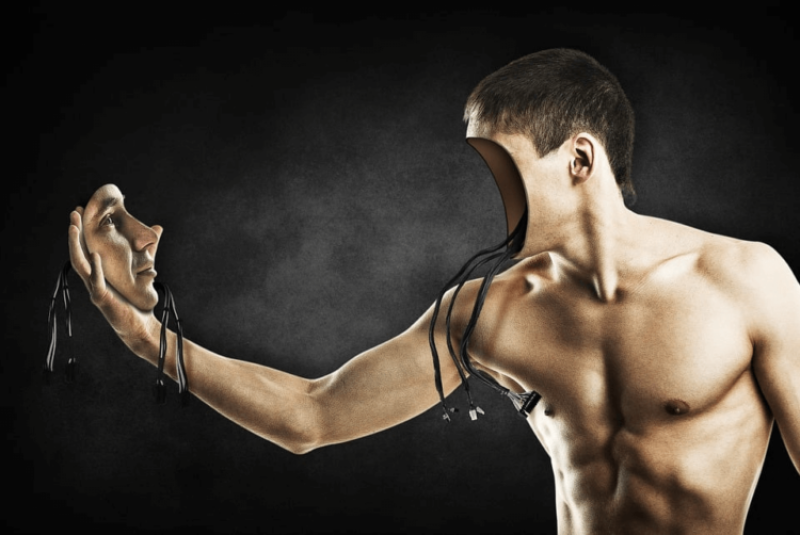Biohacking is somewhat of a spectrum.
Along with those at the radical end of the scale, there are also those that are simply just interested in relatively harmless wellness practices like taking supplements, drinking ginger shots and tracking their circadian rhythms.
And realistically, what’s the issue with that, shouldn’t everyone have the authority to optimise their own bodies in moderation?
In theory, with professional guidance, yes; taking an interest in one’s health by making small tweaks to micronutrient intake and daily routines can bring a range of health and wellbeing benefits.
But like with anything in life, when taken to the extreme, or in the hands of the misguided, such unchecked experiments pose a real problem, because what about when the results of radical self-enhancement risk being used as a biological weapon?
The worry is that with the resources readily available, anyone (whether a mere hobbyist or in fact hostile) has access to the means and know-how required to produce genetically-modified, potentially lethal or highly infectious home-brew organisms.
“If bioterrorists wanted to do it undetected, they could buy a second-hand DNA synthesiser for $2,000. The whole process would cost $10,000 and could be done in a kitchen,” Paul Dabrowa, the 41-year-old kitchen microbiome biohacker from Melbourne, admitted to the Financial Times.































